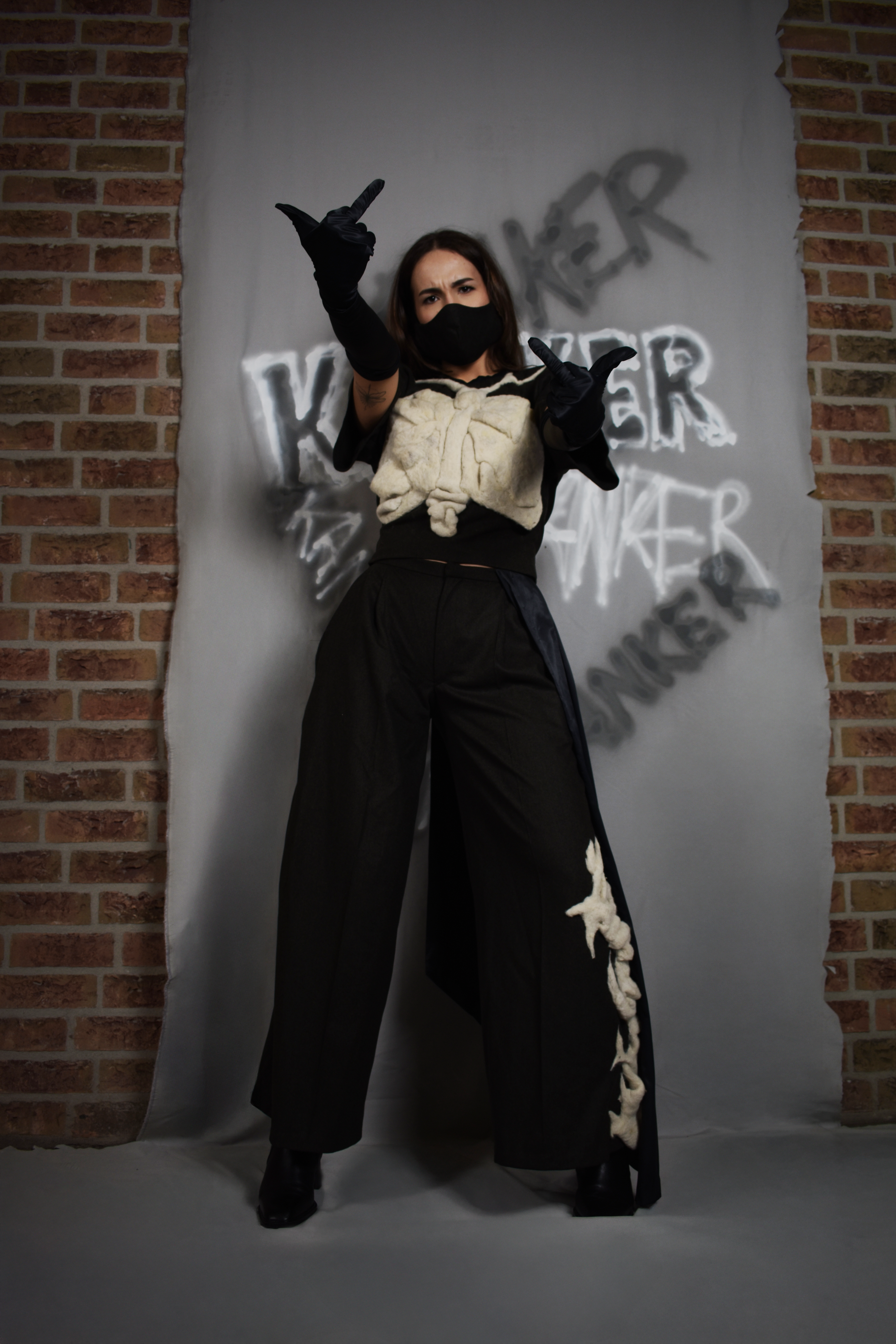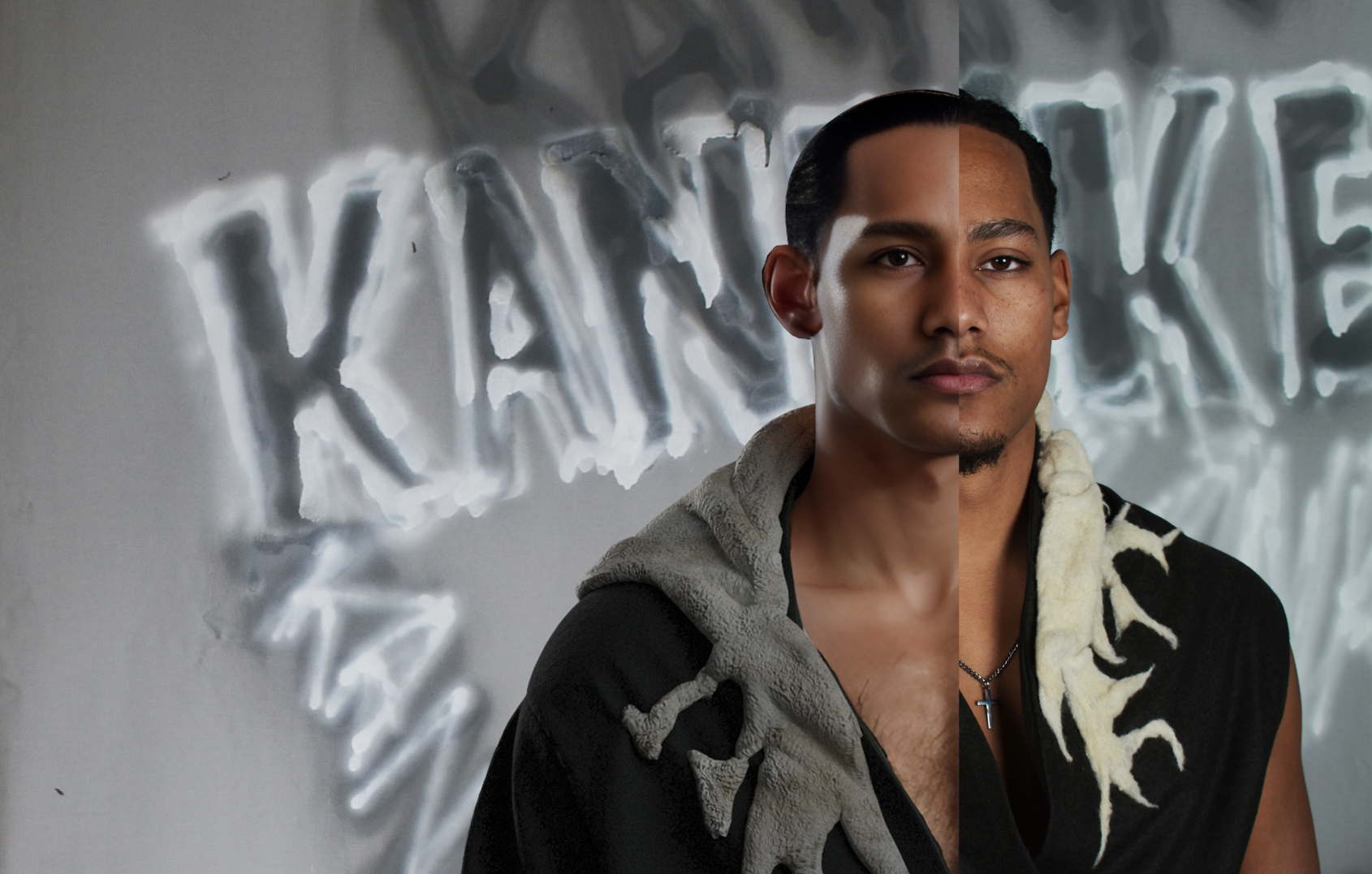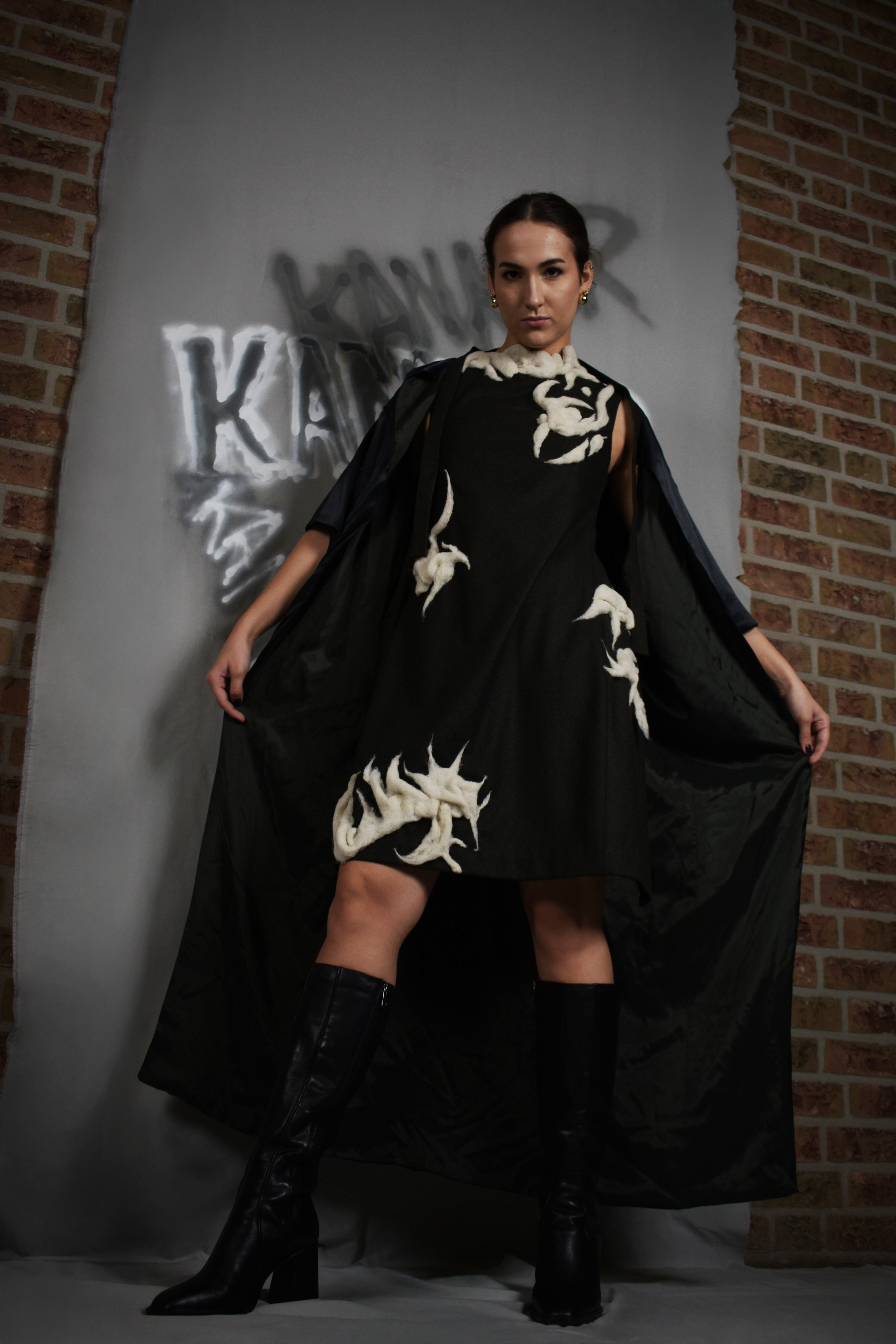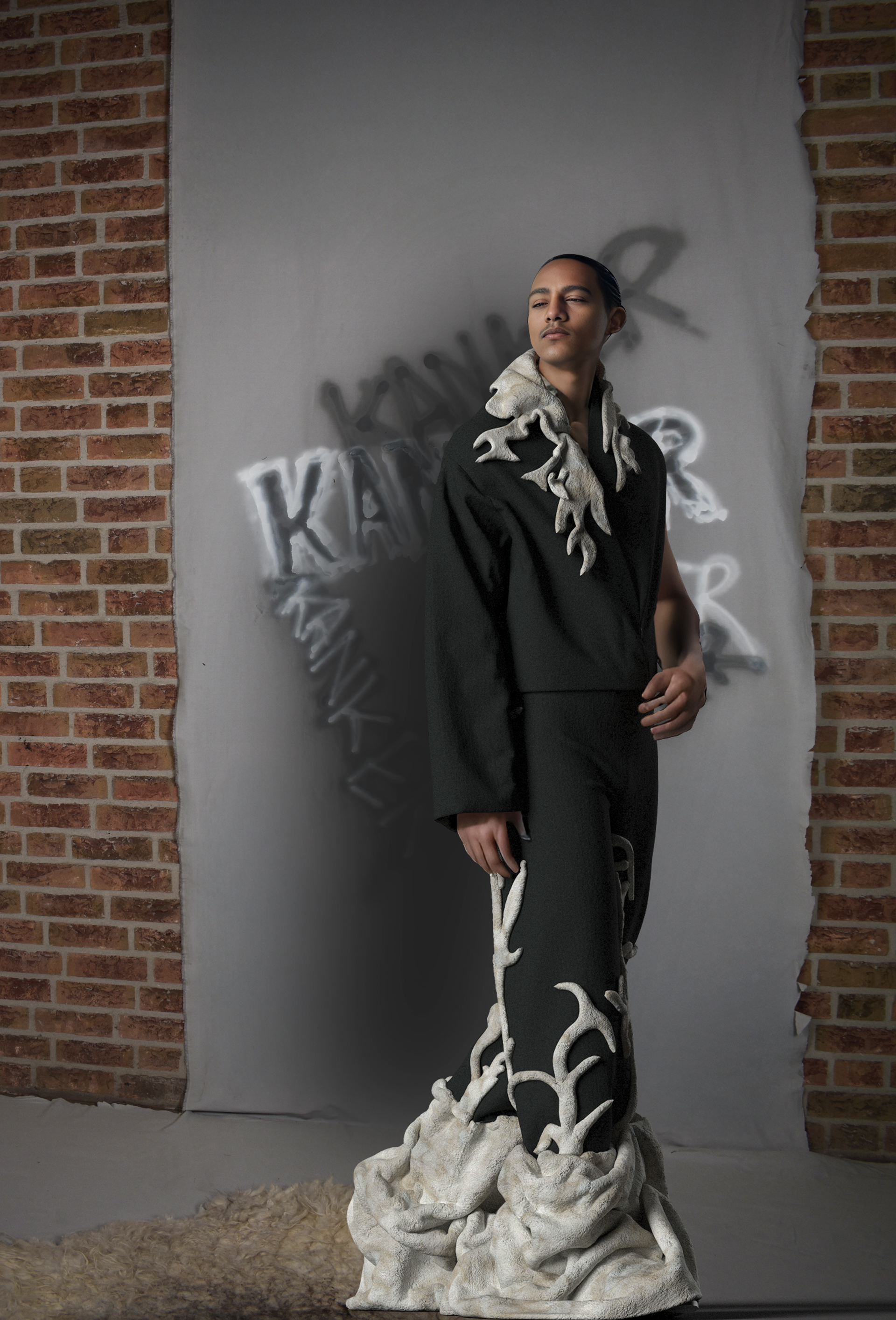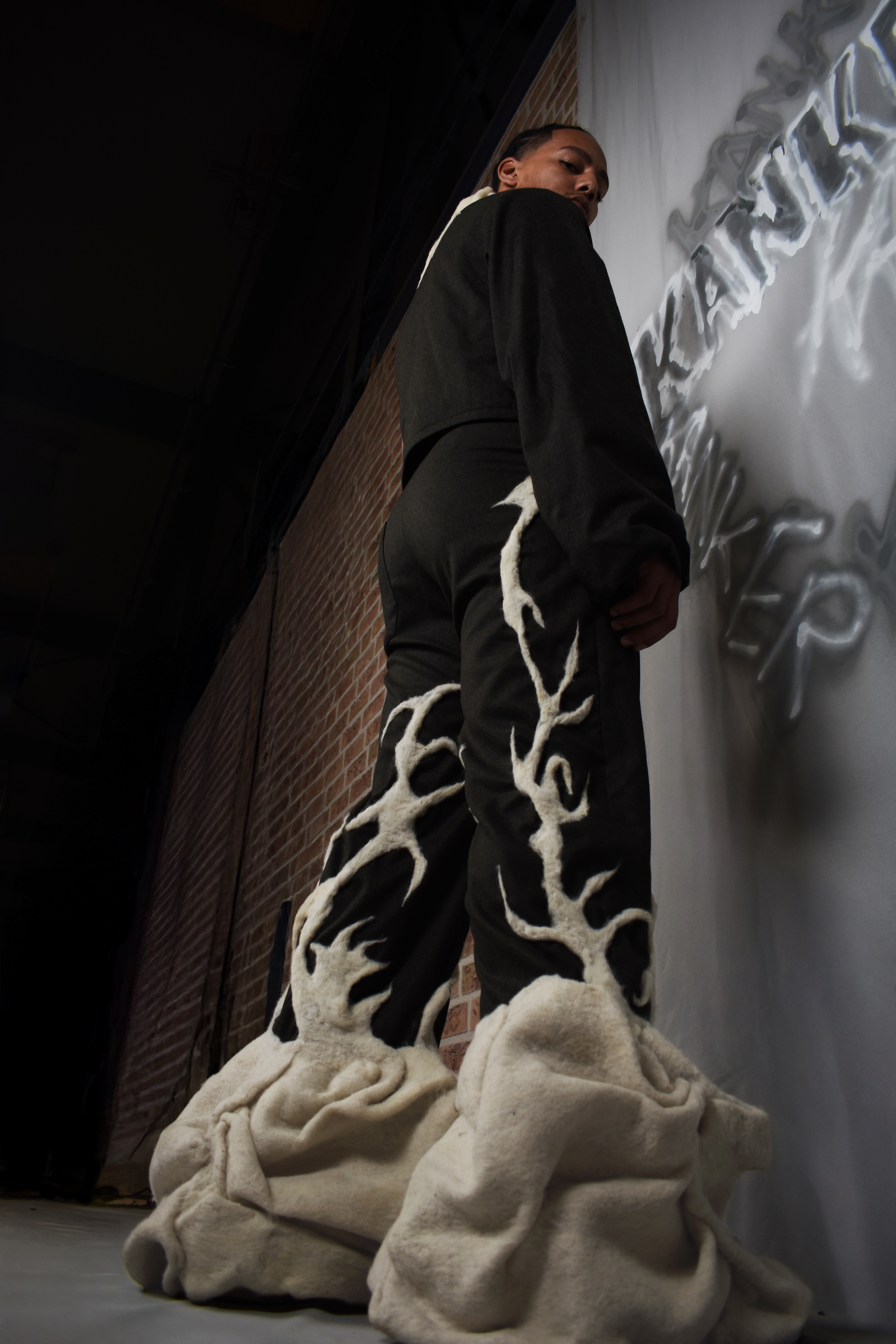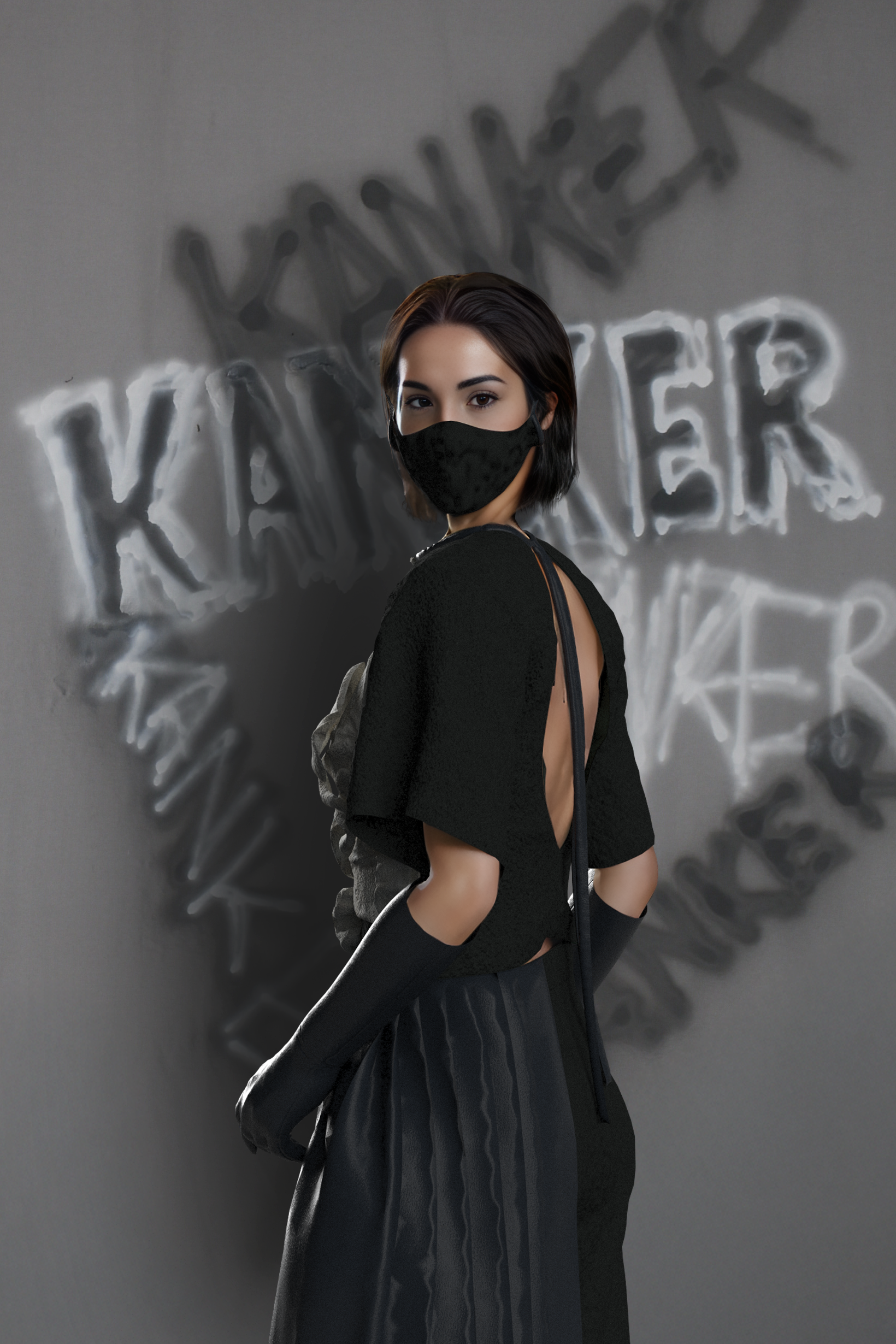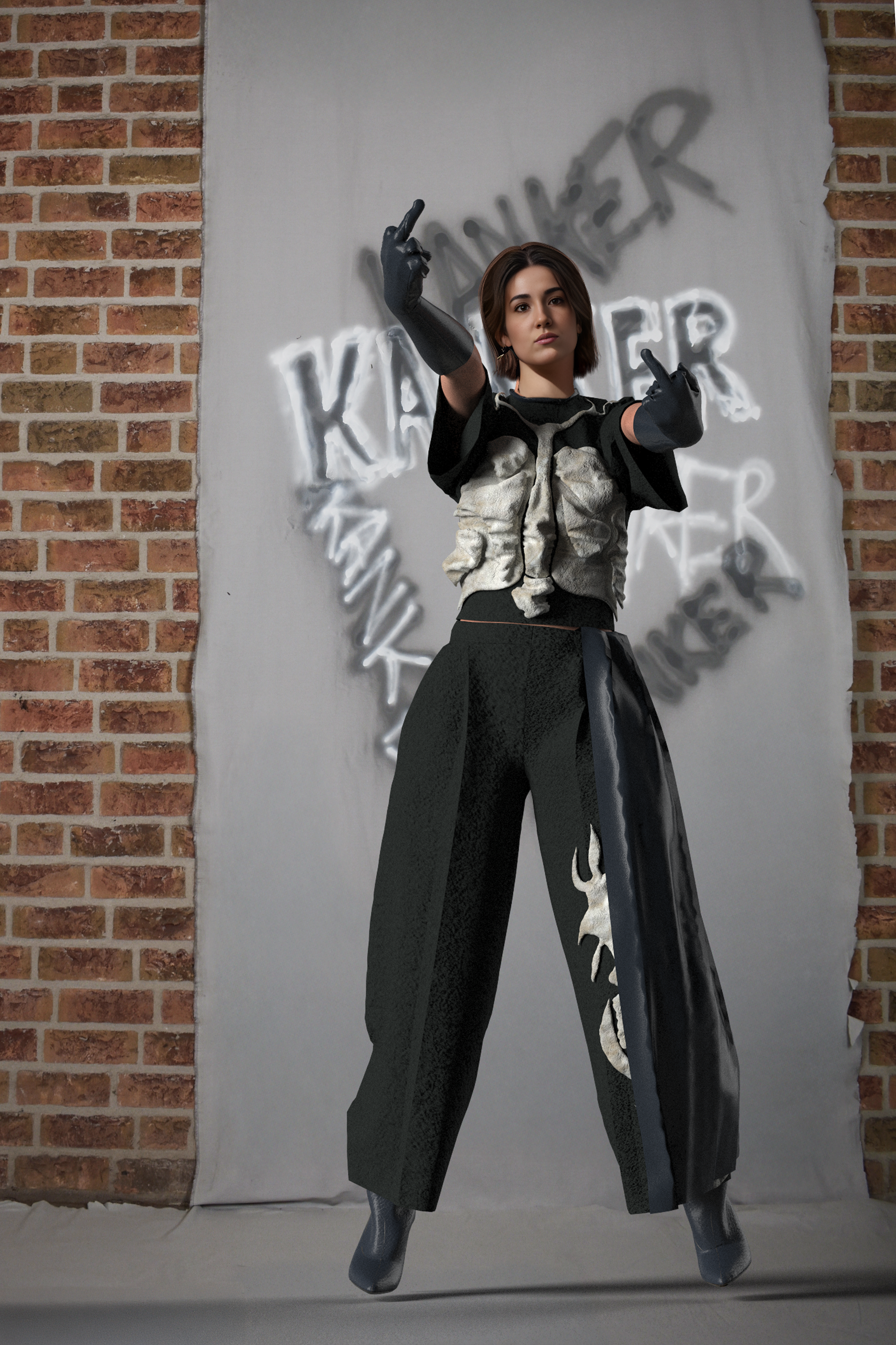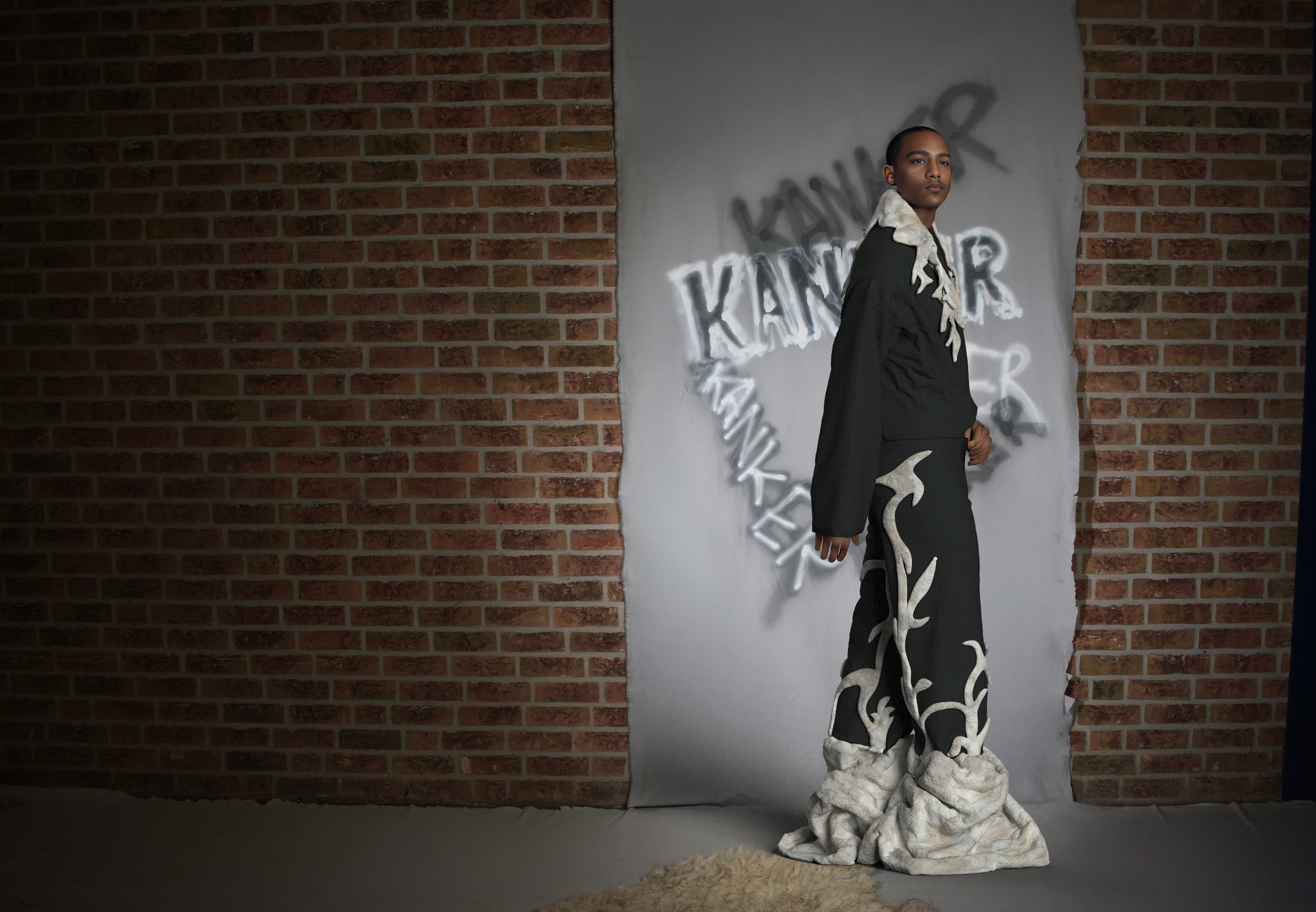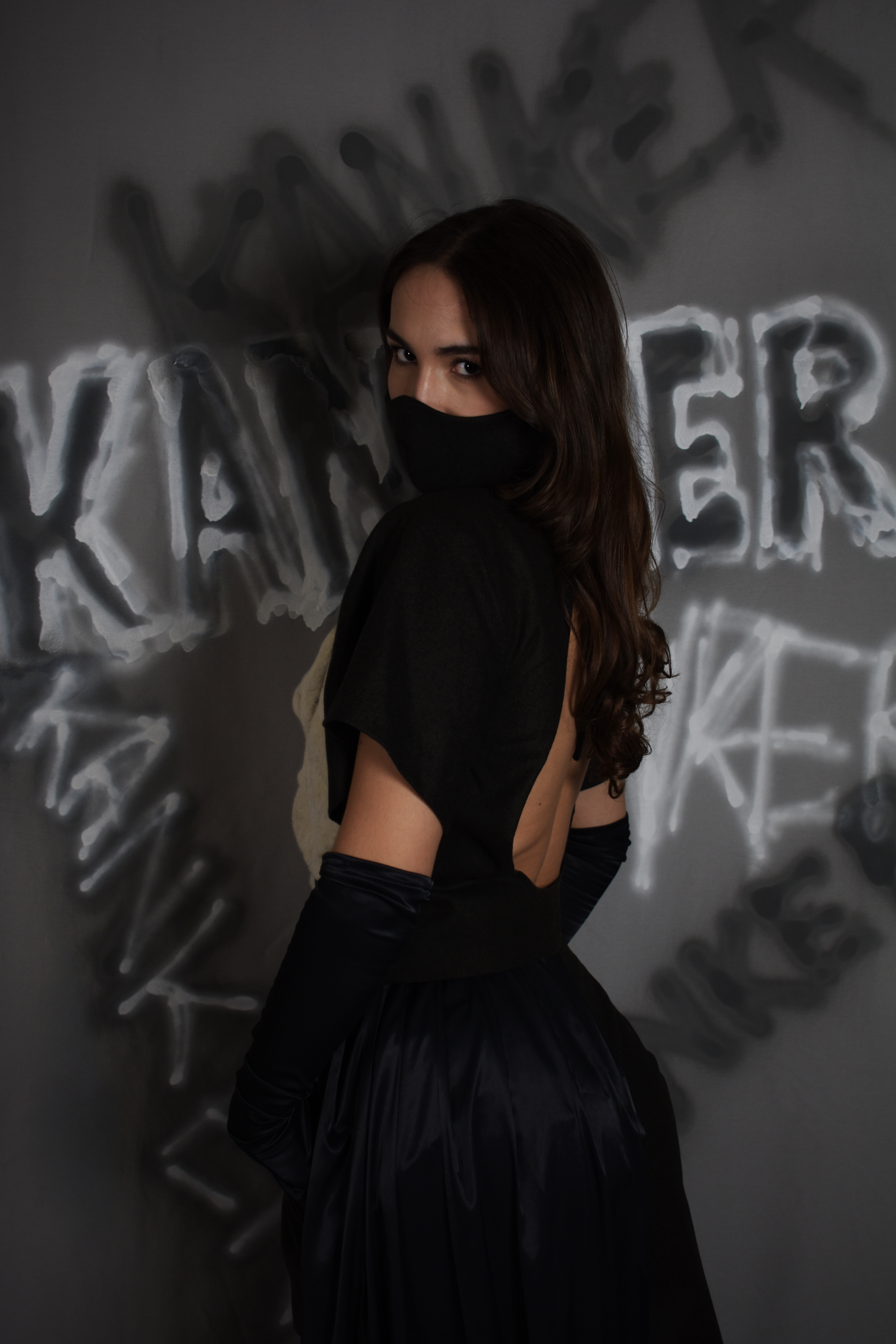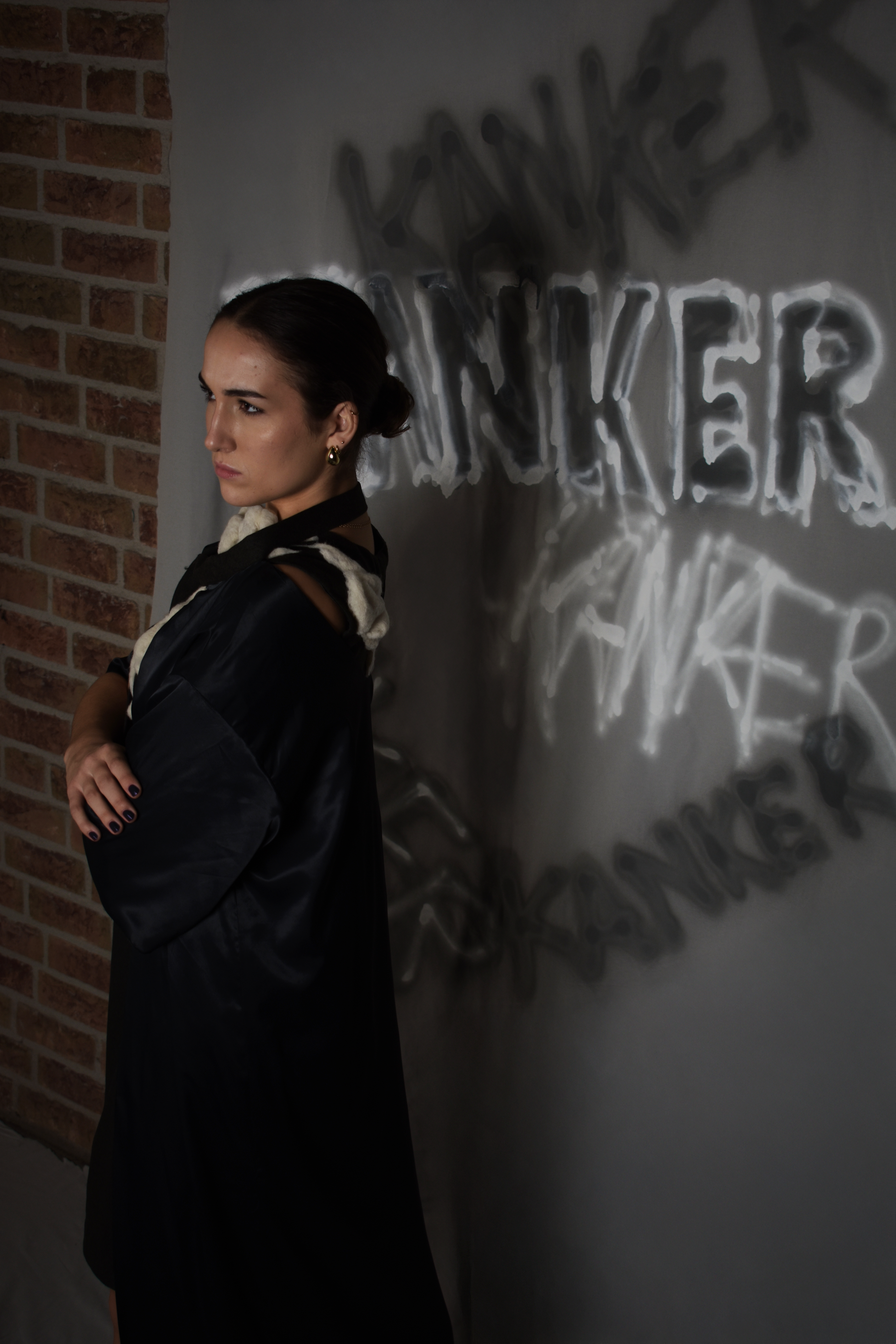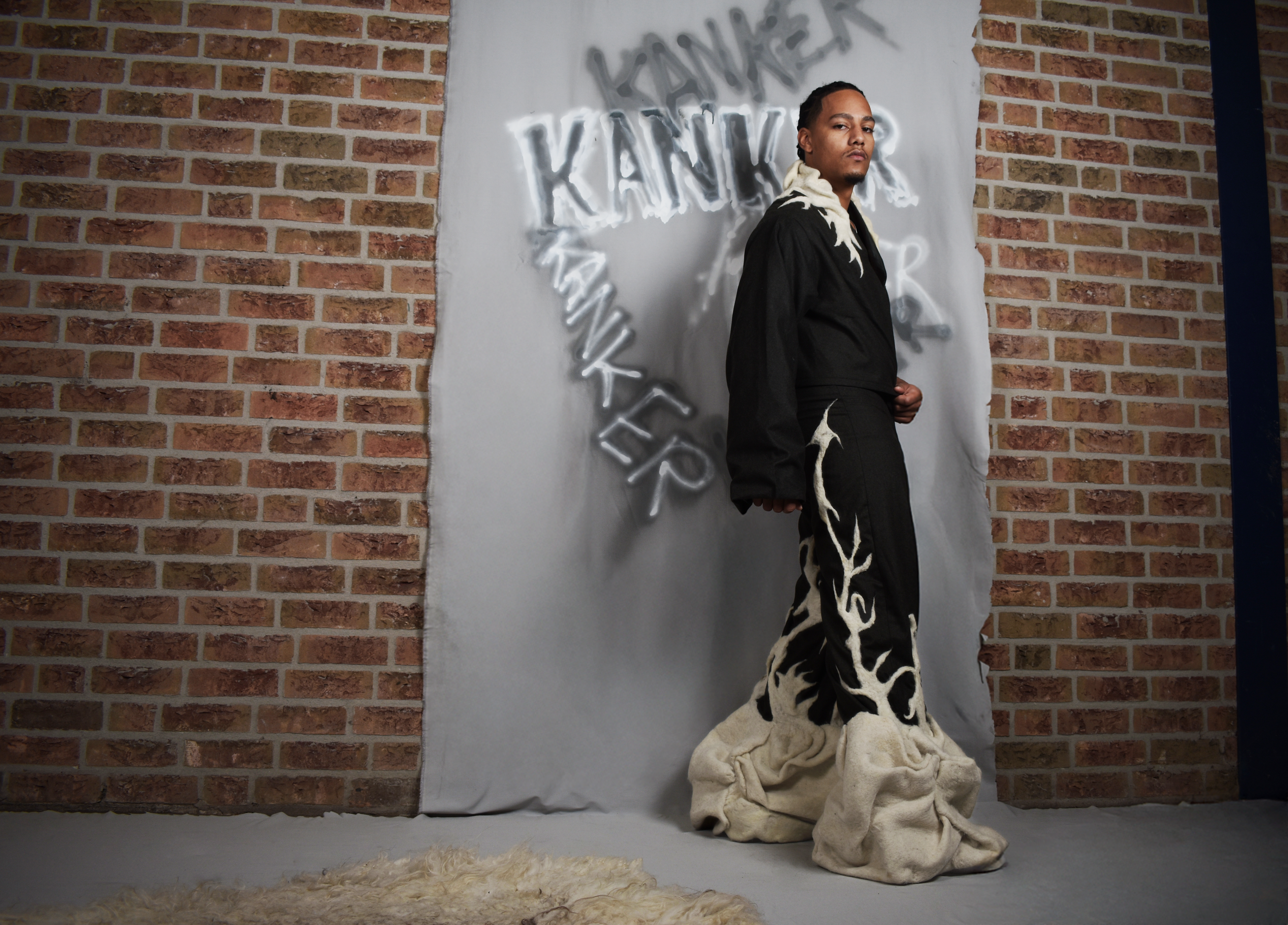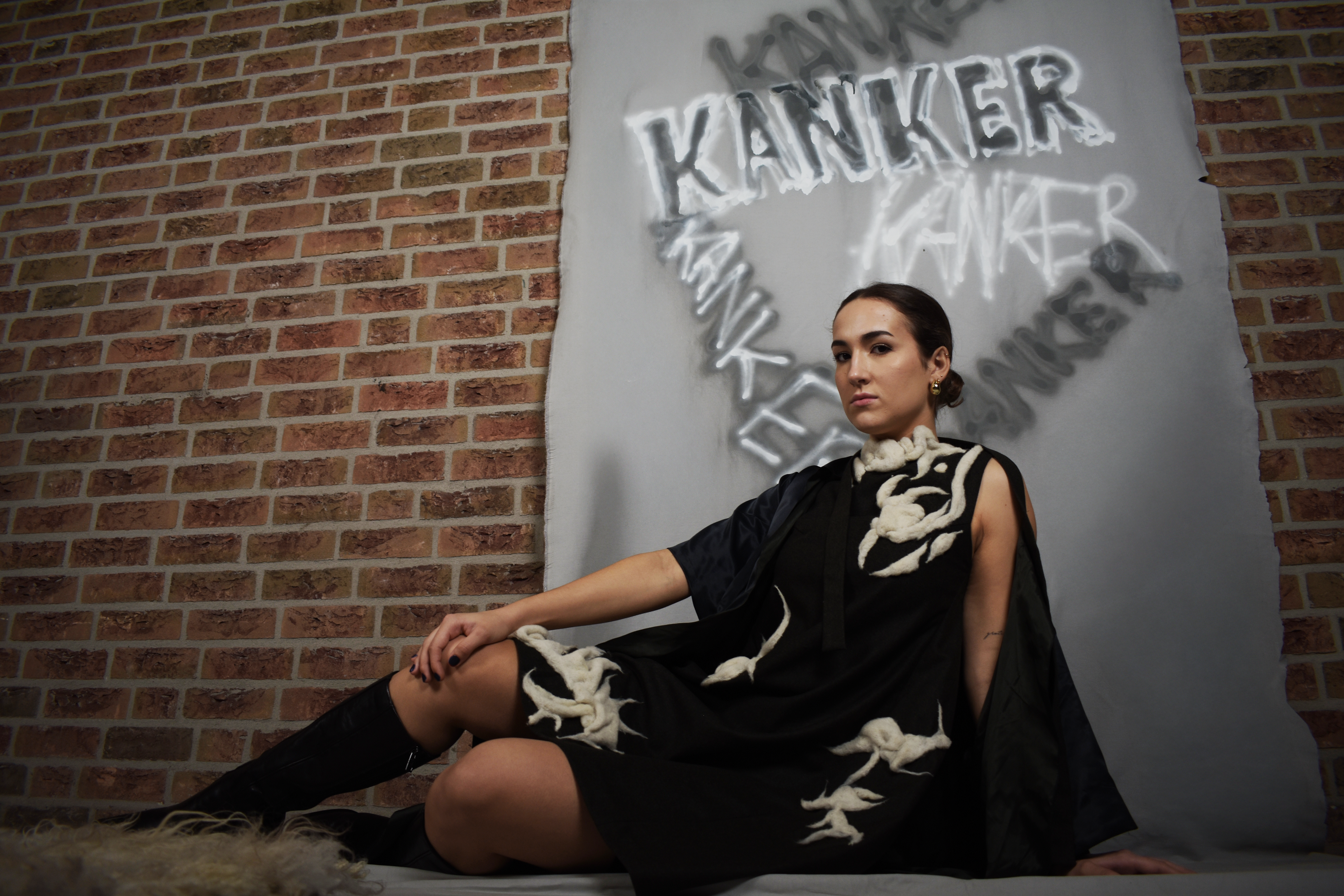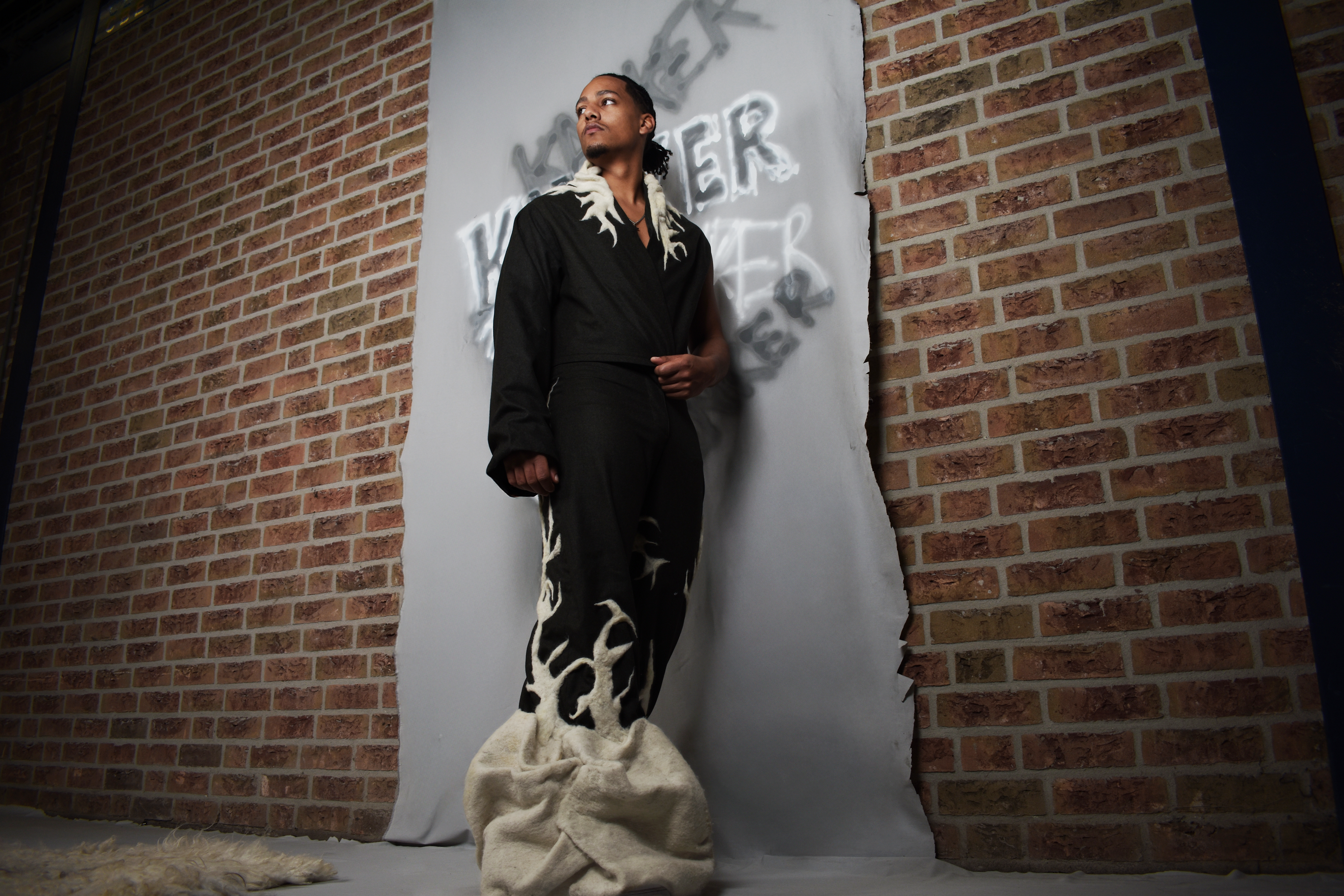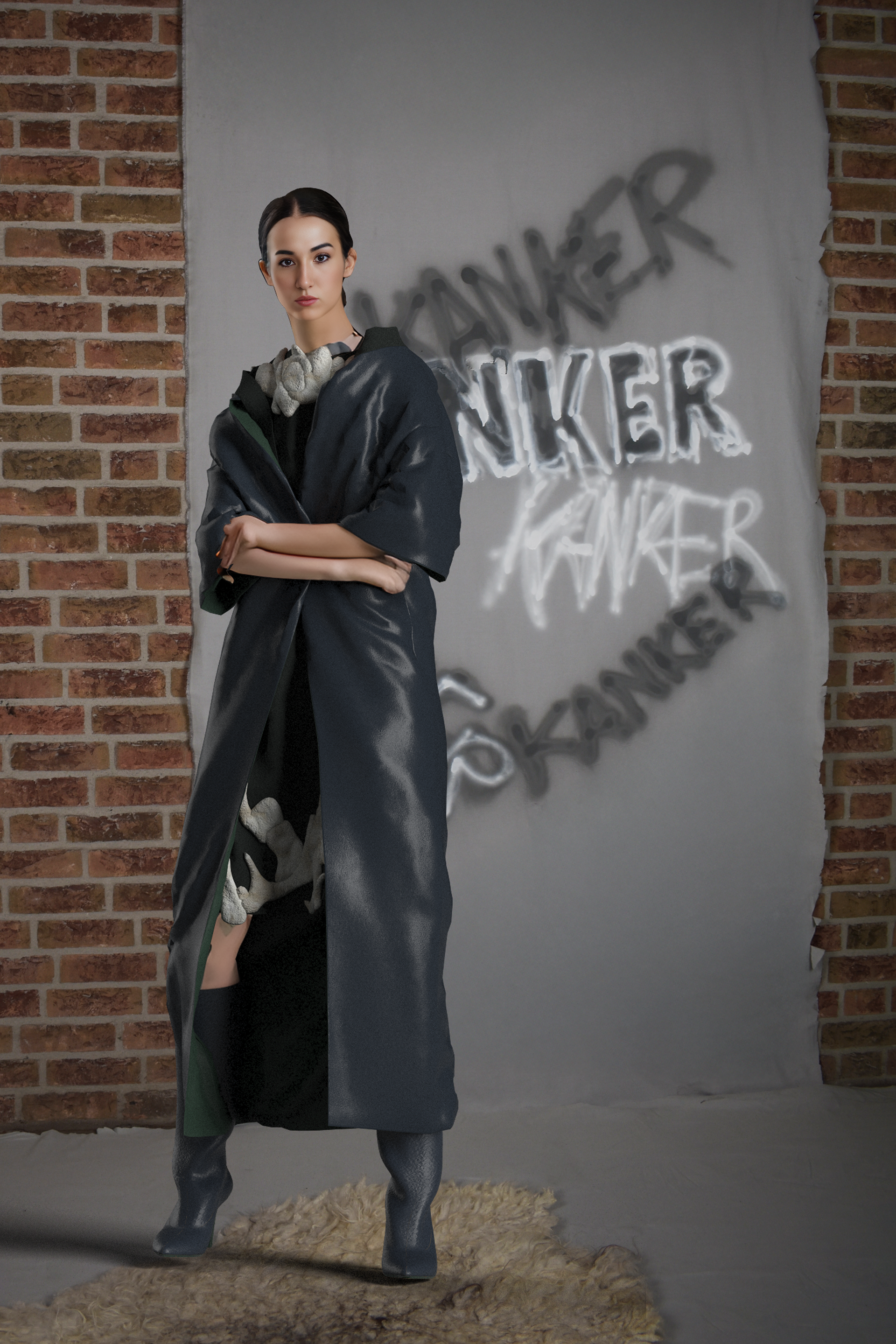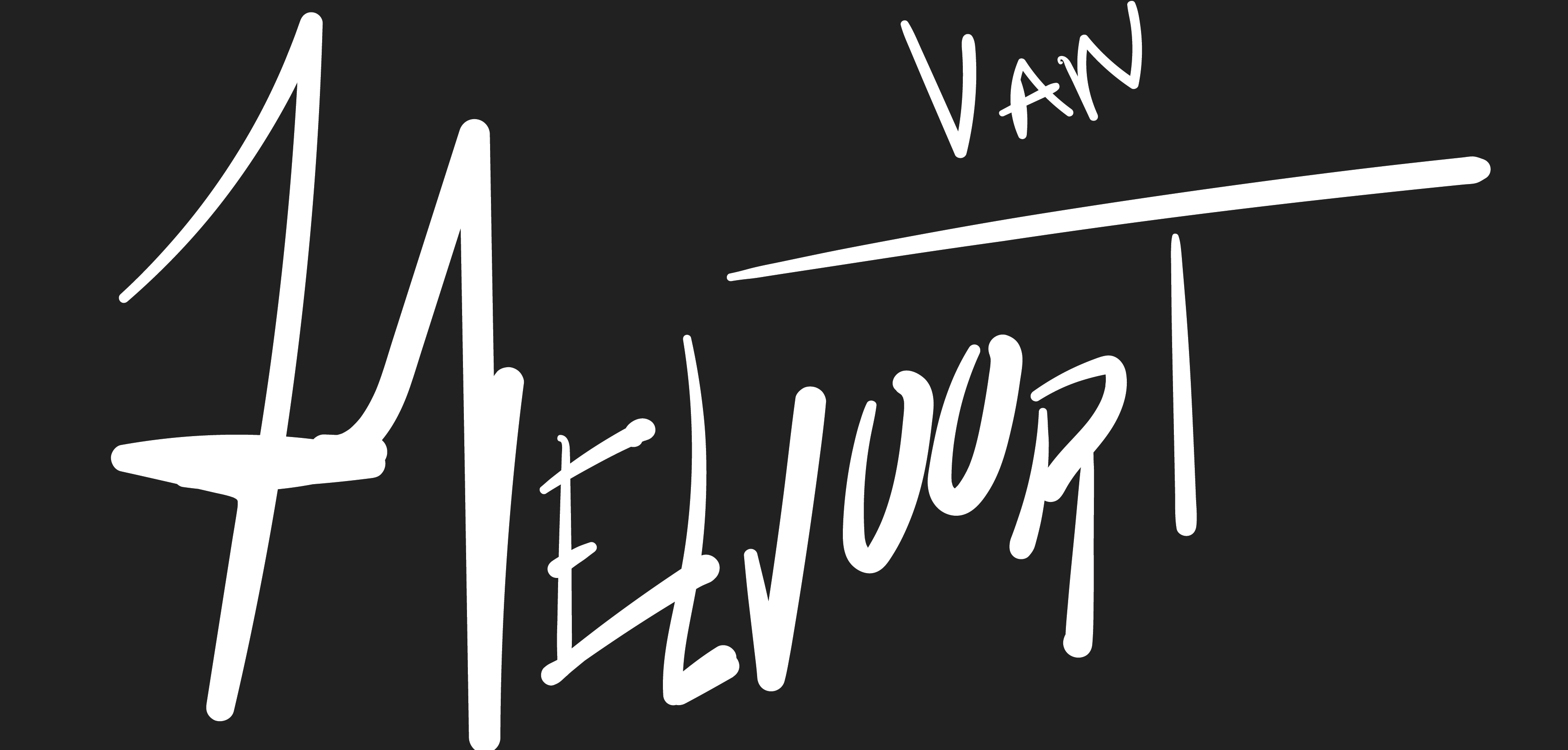Two years ago, my stepdad was diagnosed with pleural mesothelioma, a form of cancer that affects the lungs and is not treatable. On October 8, 2024, he passed away due to this illness.
In 2023, 128,000 people in the Netherlands were diagnosed with cancer. Altogether, over 900,000 Dutch citizens, more than 5% of our population, have this diagnosis. Statistics show there is a 50% chance that you will be diagnosed with this disease at some point in your lifetime.
These numbers represent the harsh reality of our society. Even if it’s something you prefer not to think about, there will likely come a time when cancer touches your life in some way.
Why, then, do we so casually use cancer as a curse?

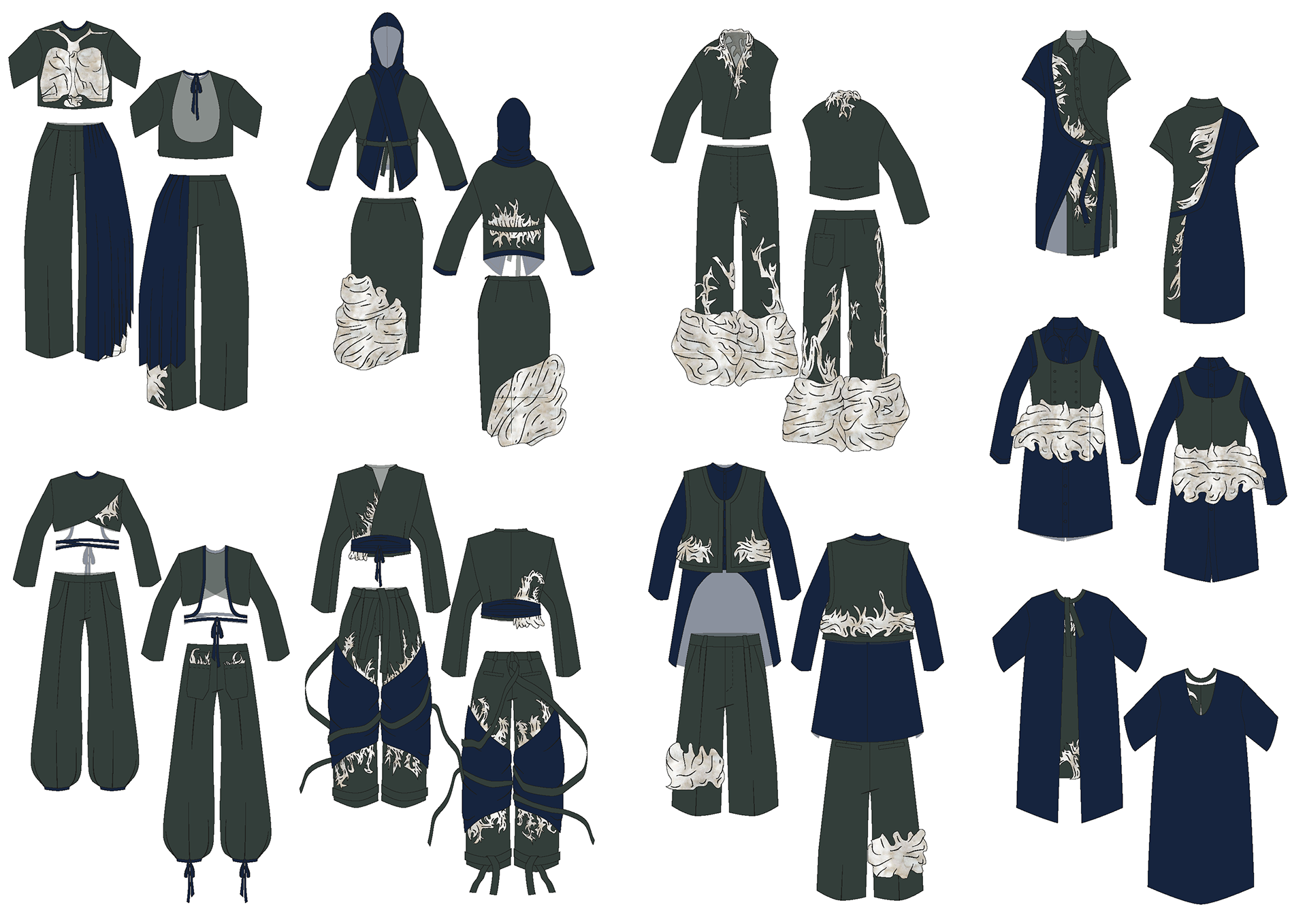
Swearing, cursing, and insults are topics that have been relatively under-researched, mainly due to the taboo surrounding them. These expressions can broadly be categorized into three themes: family, religion, and the body. These themes often serve as material for offensive language. However, in Dutch culture, one theme surpasses the others in both usage and offensiveness, diseases.
The Dutch swearing culture often involves disease-related curses, a stark contrast to other Dutch varieties like Flemish. The origins are uncertain due to limited research, but some experts suggest ties to Yiddish influences or secularization, which reduced the use of religious curses. Historically, diseases were seen as divine punishment, which may have contributed to the integration of such curses into everyday language.
It’s intriguing that cursing in Dutch is often more offensive than in other languages, especially considering the social landscape of the Netherlands. The country places a strong emphasis on political correctness, aiming to avoid language and behaviors that could offend certain groups. This focus on inclusivity is particularly evident in sensitive topics like immigration, racism, and the Black Pete debate. What makes the Netherlands unique is its balance between freedom of speech and the need for inclusivity. However, this direct communication style can sometimes clash with political correctness, creating tension between open debate and the sensitivities of different groups in society.
In my opinion, Dutch people, myself included, are often unaware of the harm our words can cause. Swearing and cursing have become so normalized in our daily conversations that phrases like "Wow, that sandwich is insanely cancer-good" are casually used. We rarely consider the impact these words may have on others, particularly when it comes to cancer, which affect us all, either directly or indirectly, at some point in our lives.
This tension between language and societal sensitivities has inspired an artistic statement, realized in a collection that merges delicate and raw elements. The collection features finely woven fabrics with silhouettes inspired by hospital clothing, symbolizing fragility and refinement. On these soft textiles, rough felted embellishments are applied, representing the destructive and invasive nature of cancer.
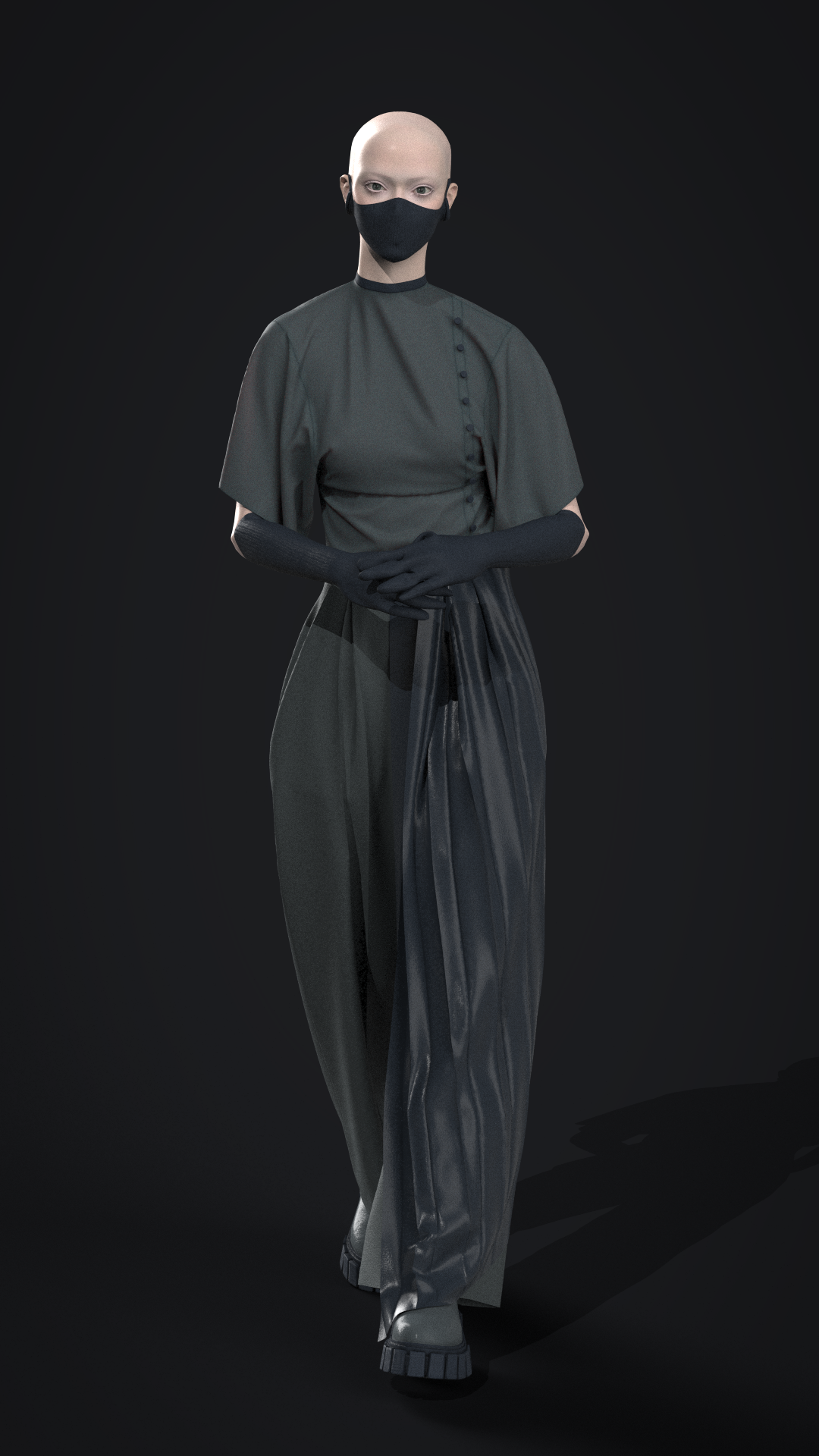

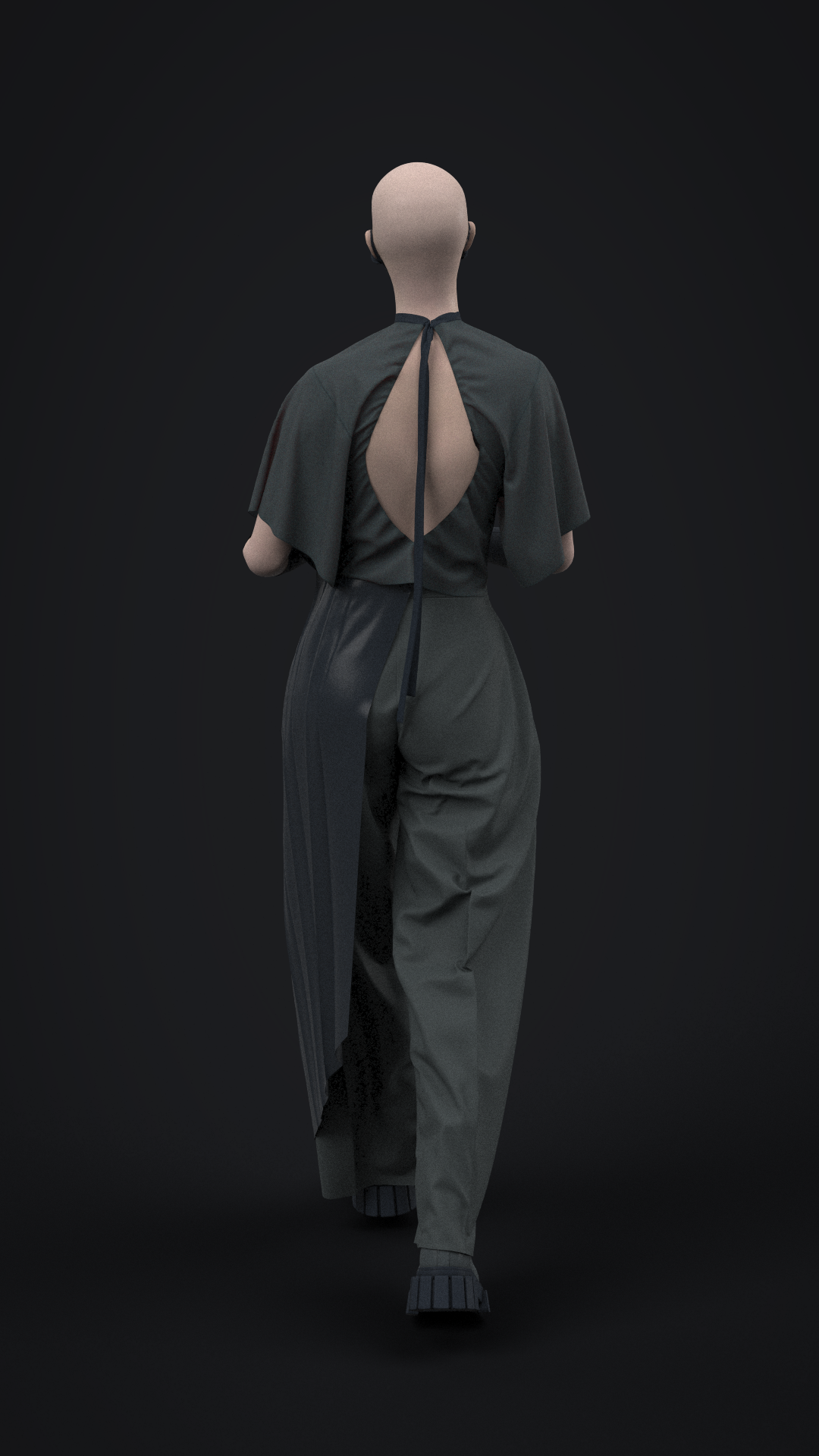
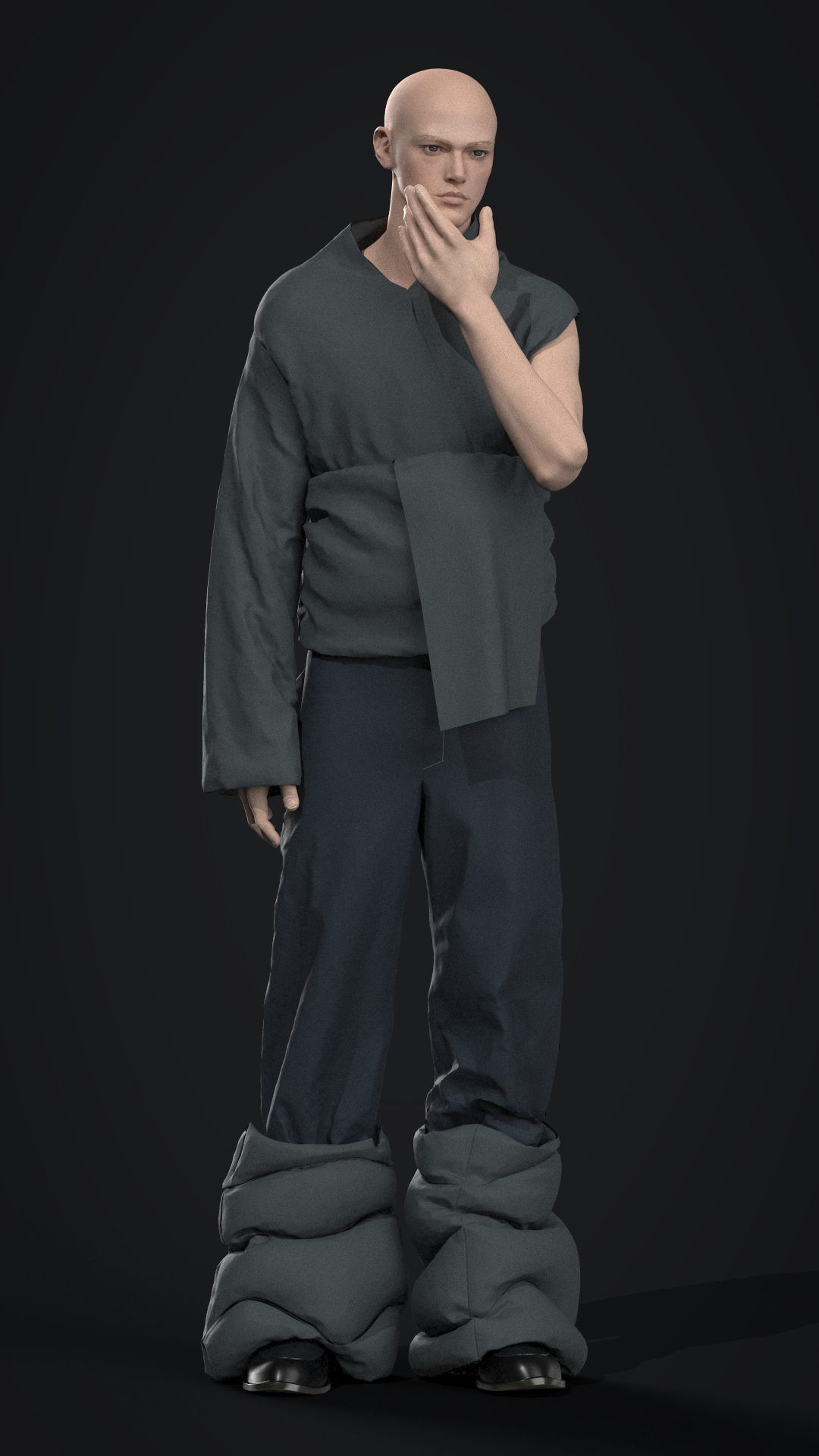

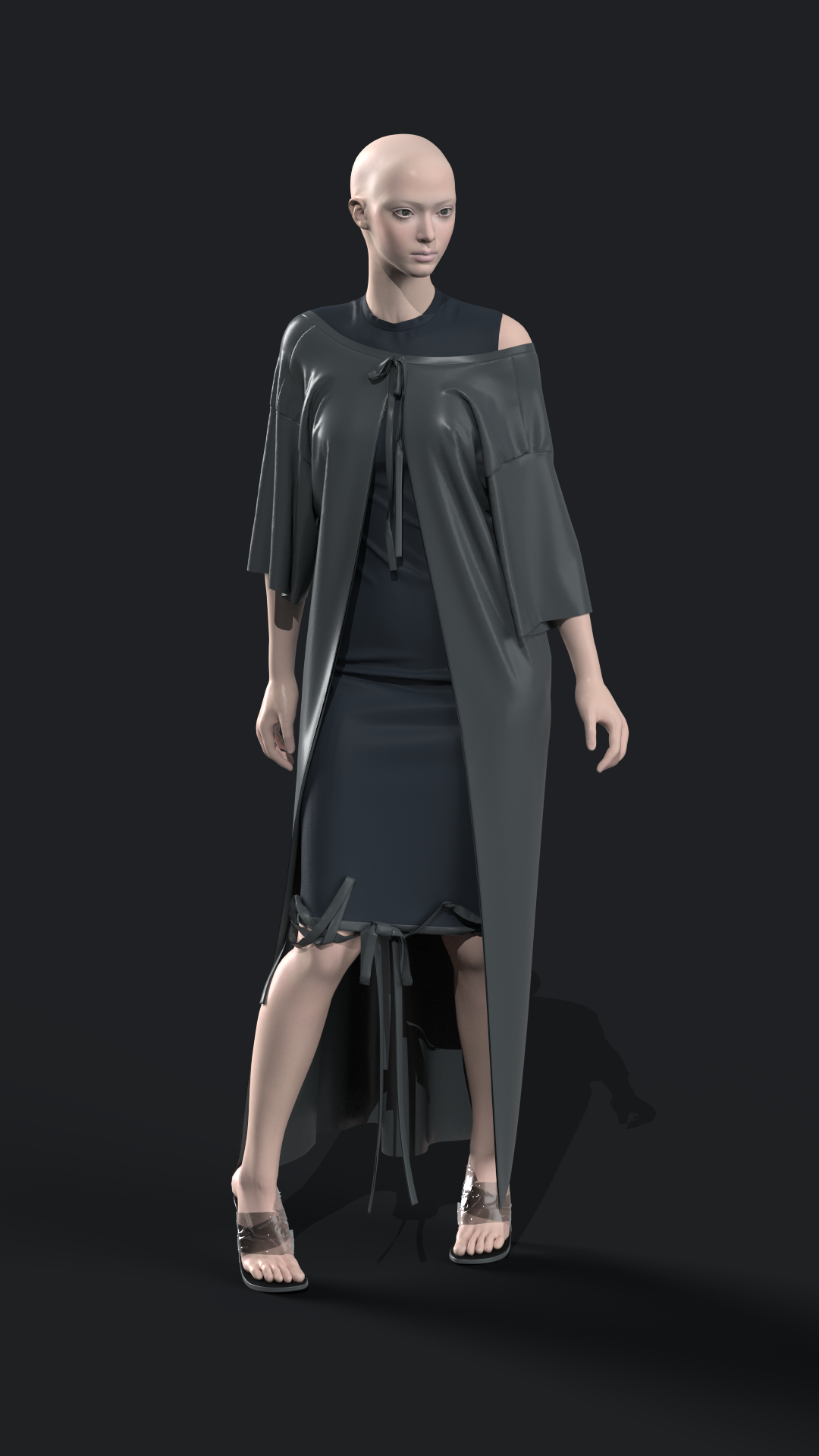
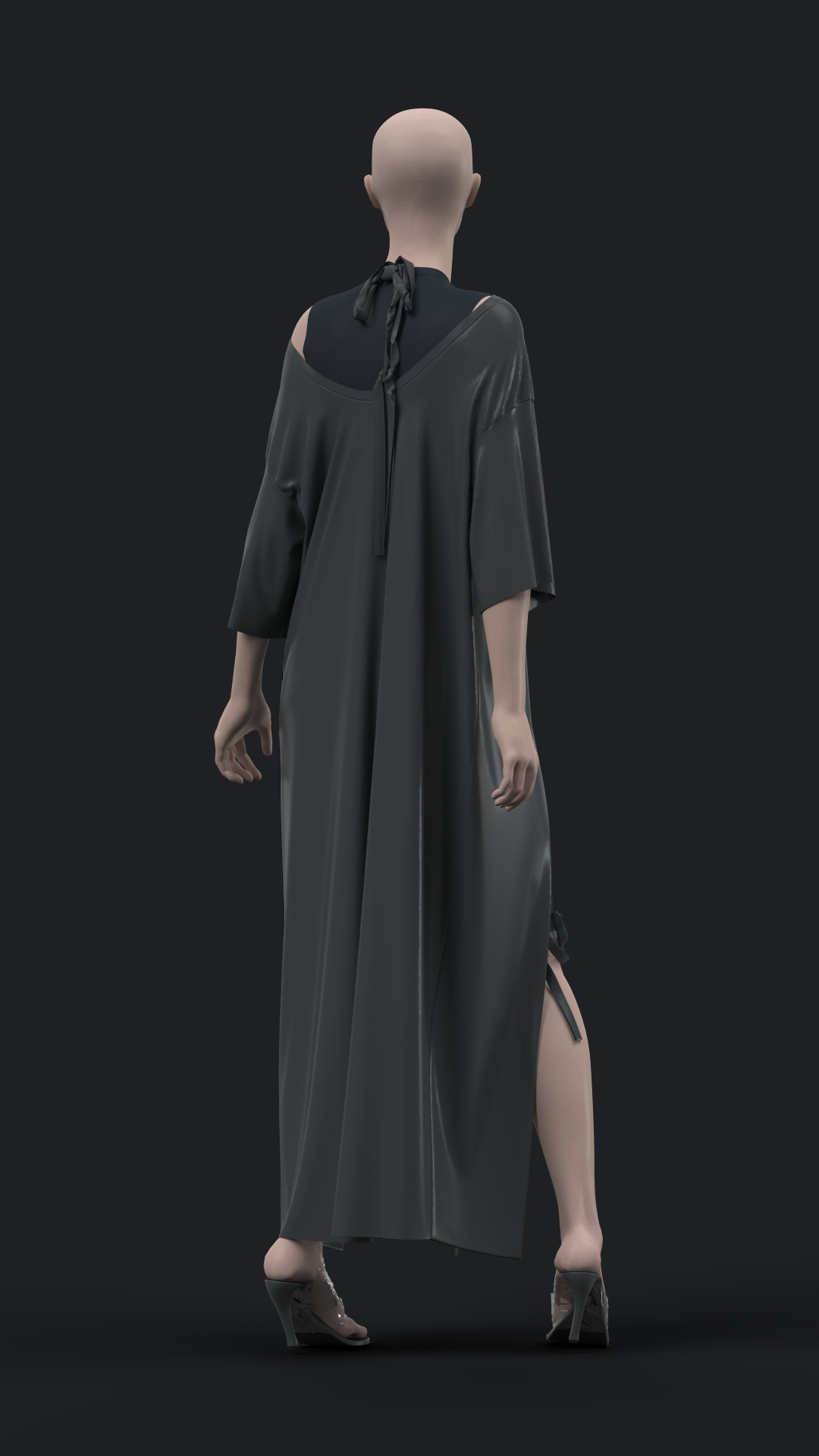
The primary material used in this collection is wool, selected for its unique qualities, such as the ability to blend fibers and its soft yet strong texture. Wool also offers a versatile aesthetic, ranging from delicate to rugged. However, there is a significant issue with wool in the Netherlands: the fiber has lost its value due to high processing costs. It has become cheaper to discard wool than to process it, leading to an unsustainable practice and the waste of a perfectly good material.
This collection features a worsted wool fabric, expertly woven for a soft, refined touch. It symbolizes the political correctness in my country, resembling hospital garments, a "perfect uniform." Overlaid are hand-needle-felted pieces shaped like growing cancer, inspired by research in how cancer can deform the body. The wool for these elements comes from a small farm in Niftrik, in the south of the Netherlands, where the sheep are kept not for their wool or meat but as pets. The wool is hand-processed and cleaned using only organic materials, emphasizing sustainability and care.
